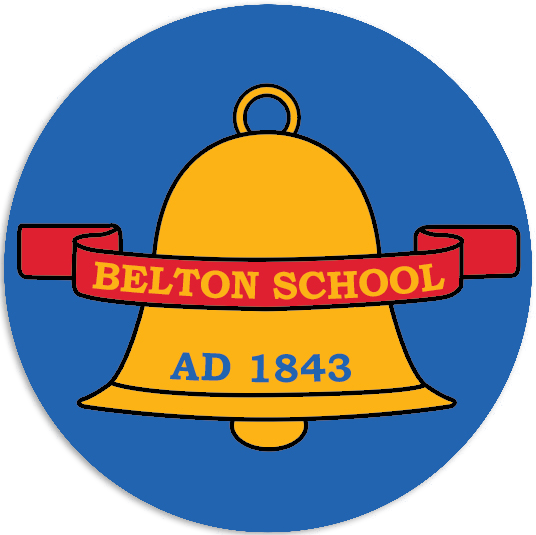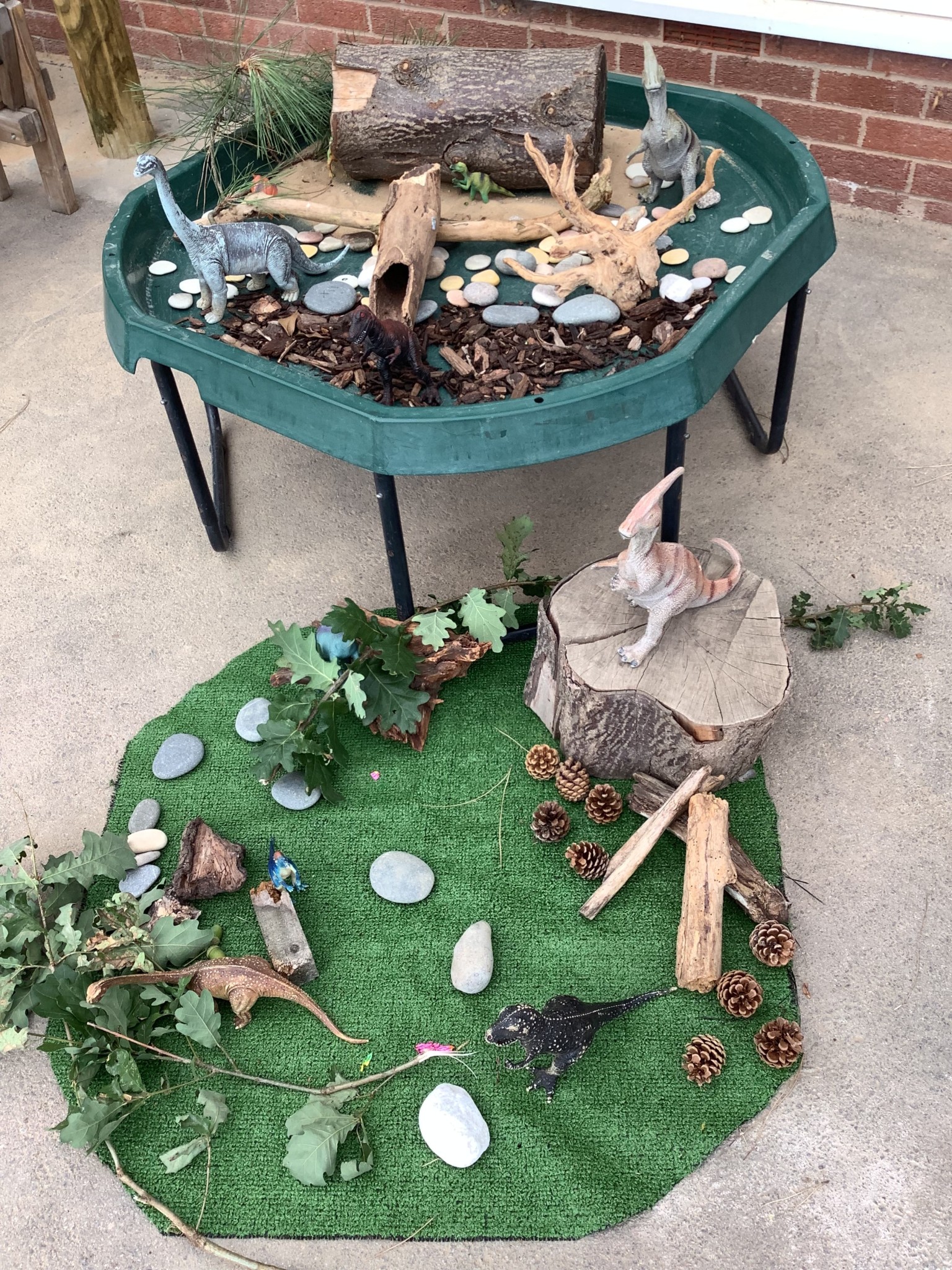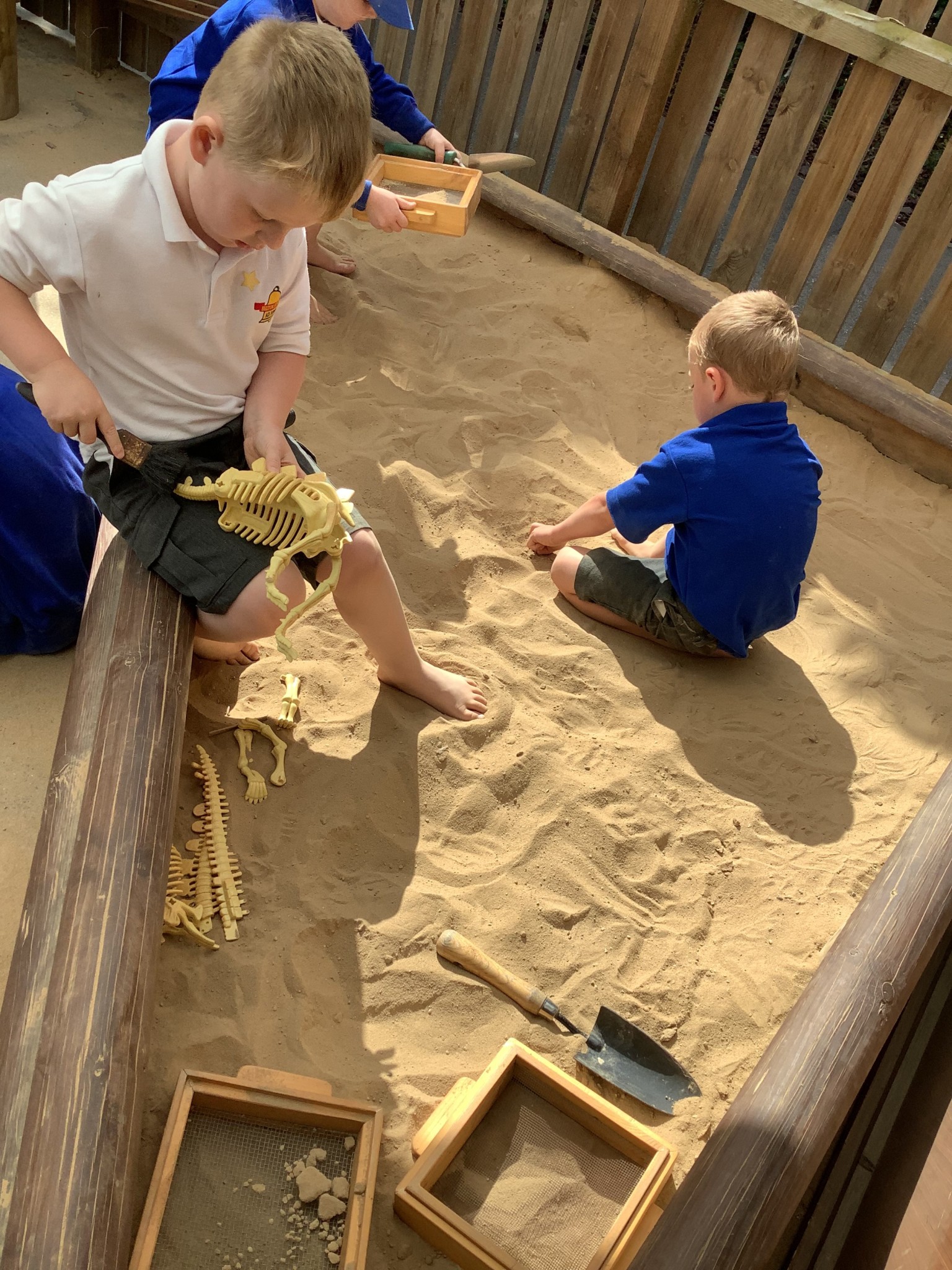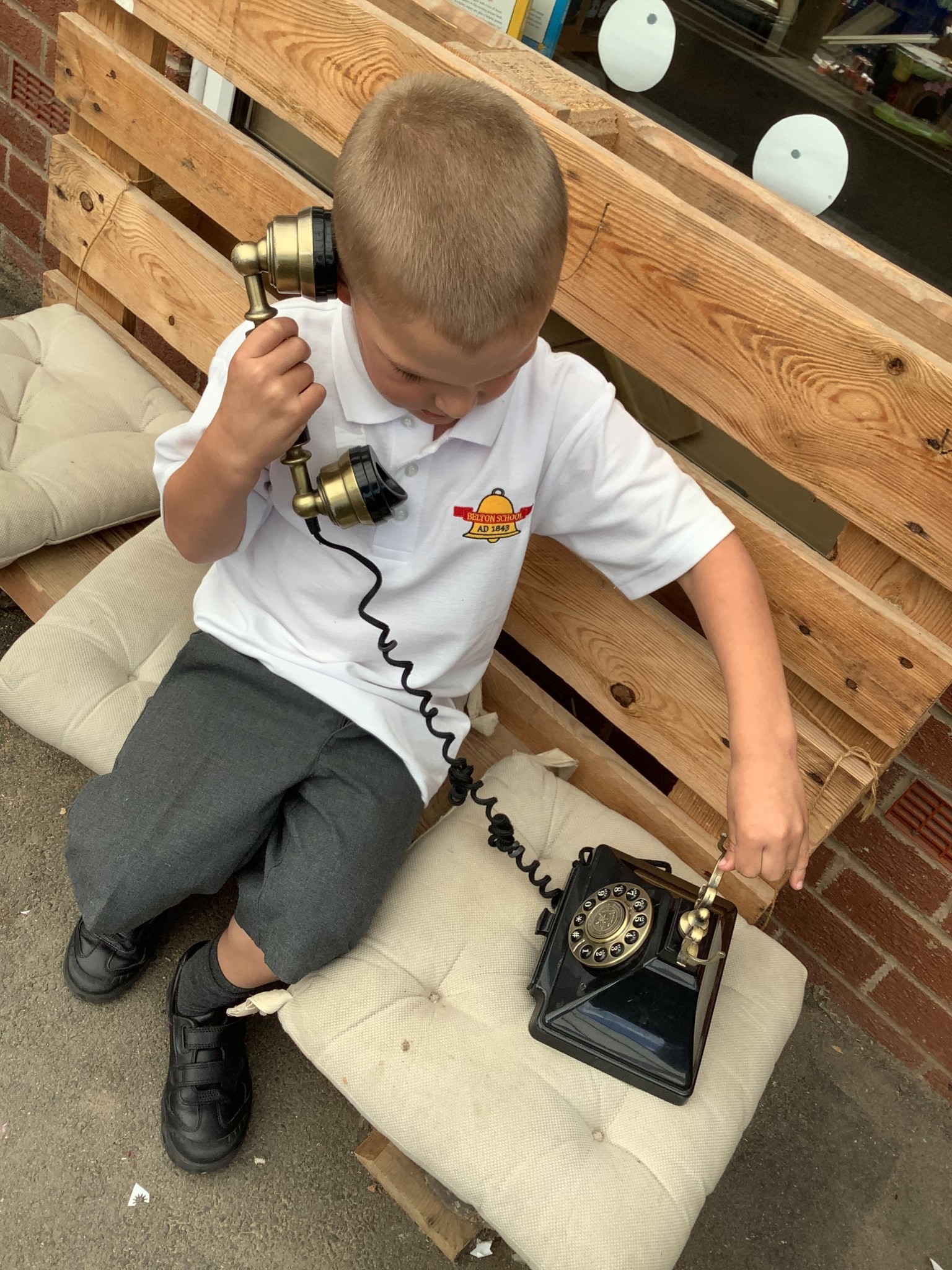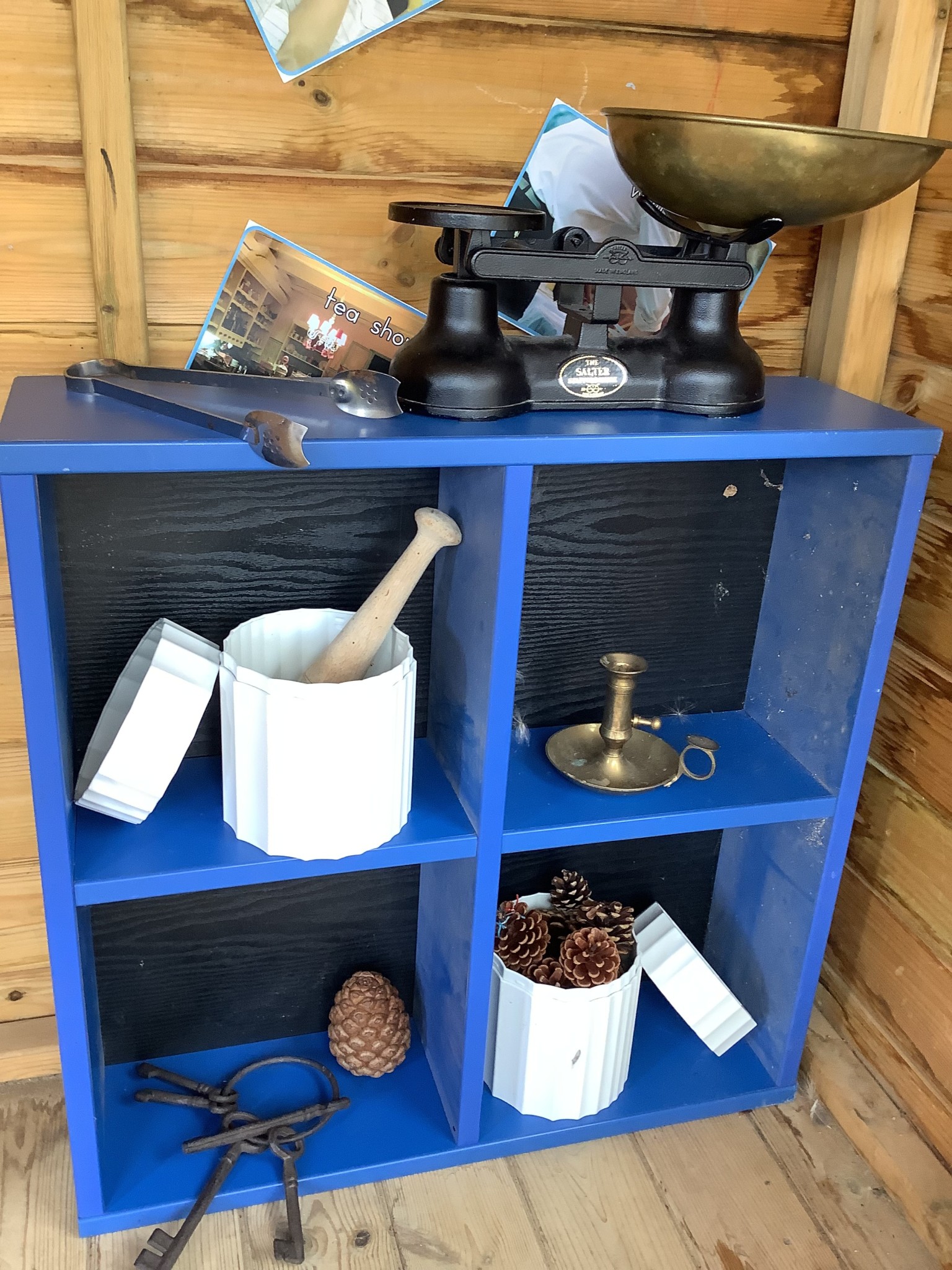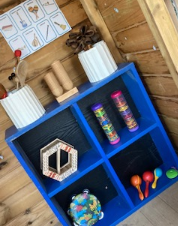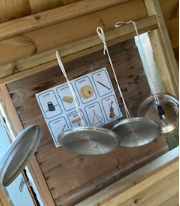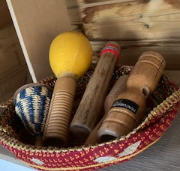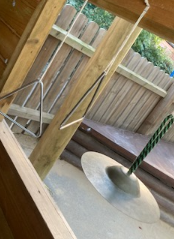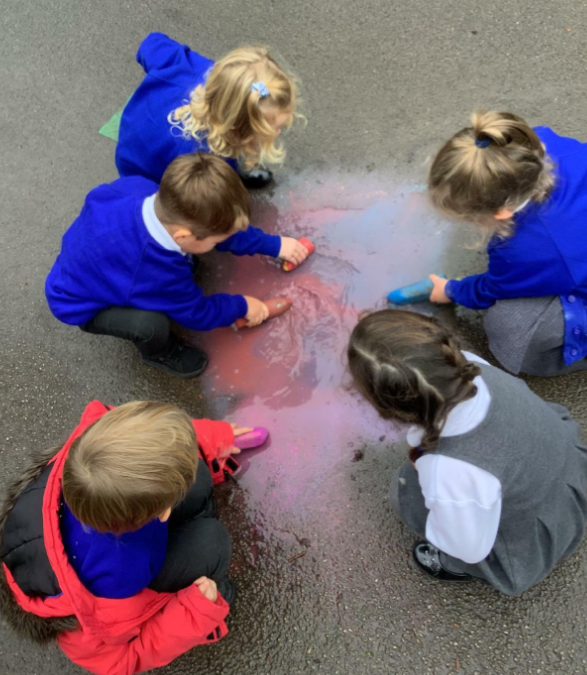The wider the range of possibilities we offer the children, the more intense will be their motivations and the richer their experiences (Loris Malaguzzi)
Intent
What do we intend the children to learn?
Every child deserves the best possible start in life and the support that enables them to fulfil their potential. Children develop quickly in the early years and a child’s experiences between birth and age five have a major impact on their future life chances. A secure, safe and happy childhood is important in its own right. Good parenting and high-quality early learning together provide the foundation children need to make the most of their abilities and talents as they grow up.
At Belton C of E primary school, our early years curriculum is designed to ensure our children gain the essential knowledge they need to prepare them for future success as educated citizens. By thinking and talking about a wide range of experiences, we are helping them prepare for what comes next in life. As Loris Malaguzzi says “The wider the range of possibilities we offer the children, the more intense will be their motivations and the richer their experiences”. It is the opportunity, the motivation, the wonder and awe and the rich experiences that we aim to provide our children.
Our children will gain an appreciation for the supportive community in which they live but their learning must extend much further than the borders of our Leicestershire village of Belton. Our children must gain a good understanding of our culturally, socially, technologically and ecologically diverse world. We will provide this learning through meeting a diverse selection of visitors, through visits and trips, through talking about personal experiences, through role play, through exploration, through experiential ‘hands on’ learning and importantly through listening to a broad, carefully selected, range of stories, non-fiction books, rhymes and poems.
Every child deserves the best possible start in life and the support that enables them to fulfil their potential.
Implementation
How do our children learn?
Pupils learn through a balance of child-initiated and adult-directed activities. The timetable is carefully structured so that children have rigorous directed teaching in English, maths and phonics everyday with regular circle time sessions to focus on PSED. These sessions are followed by group work where children work with a member of early years staff to develop their individual targets. This focused group time means the teacher can systematically check for understanding, identify and respond to misconceptions quickly and provide real-time verbal feedback which results in a strong impact on the acquisition of new learning.
Children are provided with plenty of time to engage in ‘exploration’ throughout the variety of experiences carefully planned to engage and challenge them in the provision. The curriculum is planned for the inside and outside classrooms and equal importance is given to learning in both areas. The curriculum is planned in a cross-curricular way to enable all aspects of the children’s development including understanding the world and expressive art and design as well as to promote sustained thinking and active learning.
Our curriculum reflects a sharp focus upon early reading from the very start of school, as it is the ability to read and understand that opens up learning to children. Reading is at the heart of our curriculum. Each week a model text is introduced and fed throughout our curriculum within the EYFS class. The model texts are chosen for their quality and include a well-being / growth mindset book, a diversity-based book, a rhyming / repeating refrain book, a traditional tale and a non-fiction book each term.
In the EYFS, children are rigorously taught phonics using Twinkl Phonics as it offers a coherently planned sequence of lessons that supports the effective teaching of phonics within EYFS, KS1 and, where appropriate, KS2. Throughout Level 1, young learners develop the knowledge, skills and understanding to discriminate between and use auditory, environmental and instrumental sounds. Level 1 is taught in the EYFS at our feeder nursery and preschool settings using other validated schemes. Our EYFS children work within Levels 2-4. Here learners are introduced to phonemes/sounds and graphemes/letters systematically. They also learn to develop and apply blending and segmenting skills for reading and writing. With this scheme we not only provide children with opportunities to develop the knowledge, skills and understanding essential for reading and writing, but also, to develop each child’s confidence, resilience and engagement in phonics lessons and a love for reading and writing.
Working in partnership with our phonics scheme we teach the skills for reading through our whole class reading lessons. New vocabulary, comprehension, prediction, inference and sequencing are taught through our weekly model text.
Our approach to the teaching of mathematics aims to give all of our pupils the opportunity to develop their skills in the three aims of mathematics – Fluency, Reasoning and Problem Solving. We teach a mastery curriculum, ensuring pupils have access to a wide range of activities to practise each skill and all abilities must have the opportunities to reason and problem solve. We aim for all pupils to be able to describe, explain, convince, justify and prove their answers.
At Belton Primary school, we follow the White Rose planning for Maths. This ensures that the positive start the pupils make in the Early Years continues with clear progression and consistency throughout the school. We follow the Maths Mastery approach through White Rose maths
Our inclusive approach means that all children learn together but we have a range of additional intervention and support to enhance and scaffold children who may not be reaching their potential or extending children who are doing very well. This includes, for example, the Nuffield Early Language Intervention (NELI). Intervention can often be seen carried out by our skilled early years staff through a play approach within the provision.
Our early years progression map details the progress we expect children to make throughout the year, resulting in not only achieving but going beyond the early learning goals to ensure readiness to begin year one.
Impact
Our curriculum needs to meet the needs of our children, including our disadvantaged pupils and those with SEND, so we spend time looking at and evaluating how children are learning. This is achieved through talking to children, looking at their work, observing their learning experiences and analysing data and progress. All teachers across the school are subject leaders therefore are responsible for and have knowledge of the children’s learning in the early years. All members of early years’ staff use ongoing observational assessment to identify children’s starting points and plan experiences which ensure progress. This information is tracked using our progression map as a guidance and documenting using tracking grids to enable us to measure our starting points against a national data set. We continually use this information to plan learning experiences and next steps so that knowledge and skills are built cumulatively. During each assessment window, three times a year, teachers update the progress children have made onto the tracking grids which allows us to assess the impact of teaching and evaluate whether it has been enough. Evidence of children’s learning including observations, work samples, photographs and contributions from parents are kept in paper ‘learning journals’ and class floor books which children use to reflect on their progress through pupil voice.
Our curriculum and its delivery ensure that children make good progress. Some children in our early years arrive with much lower starting points than national. During their time in our EYFS, all children make rapid progress so that we meet the national expectation for GLD at the end of the year. Pupils also make good progress toward their age-related expectations before transitioning into Year One. We believe our high standards are due to the enriched play-based exploration alongside the rigour of assessment and teaching the children have as they move through the early years – a rich diet of balanced learning experiences is undoubtedly the best way to develop happy, curious children.
